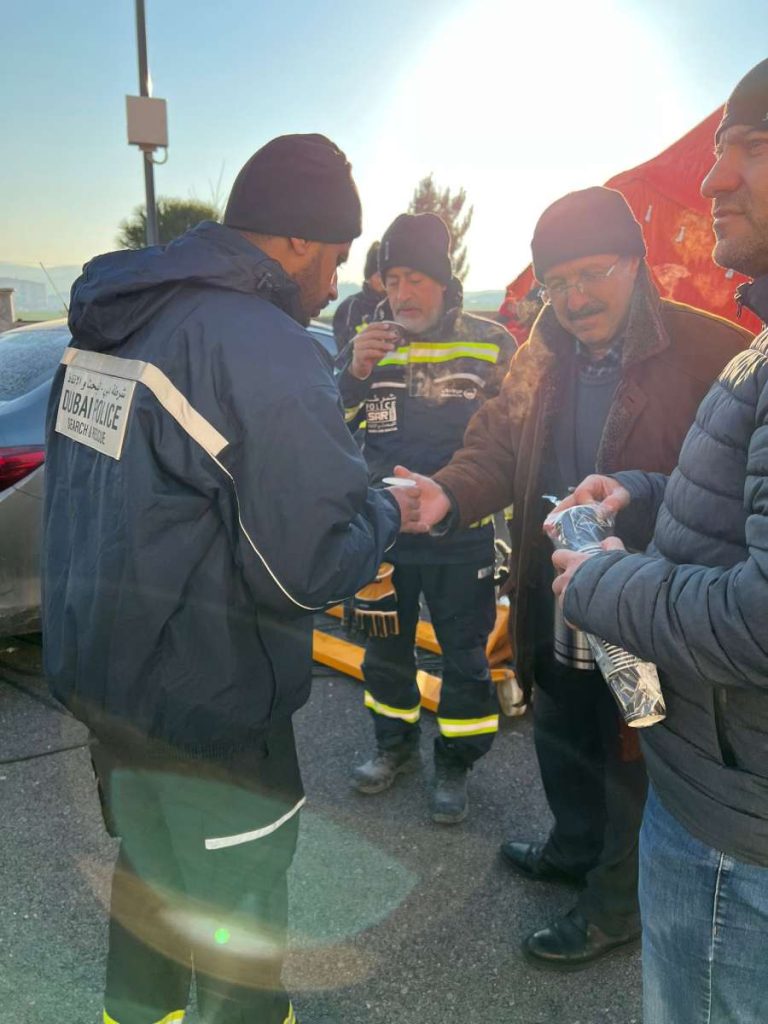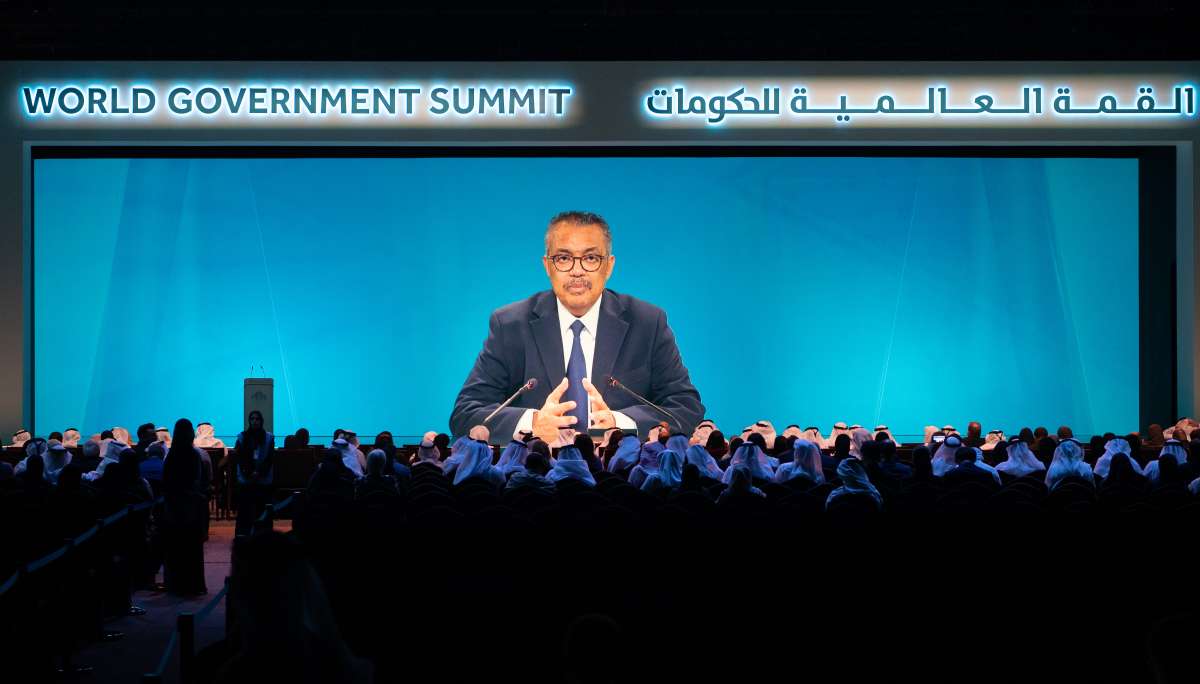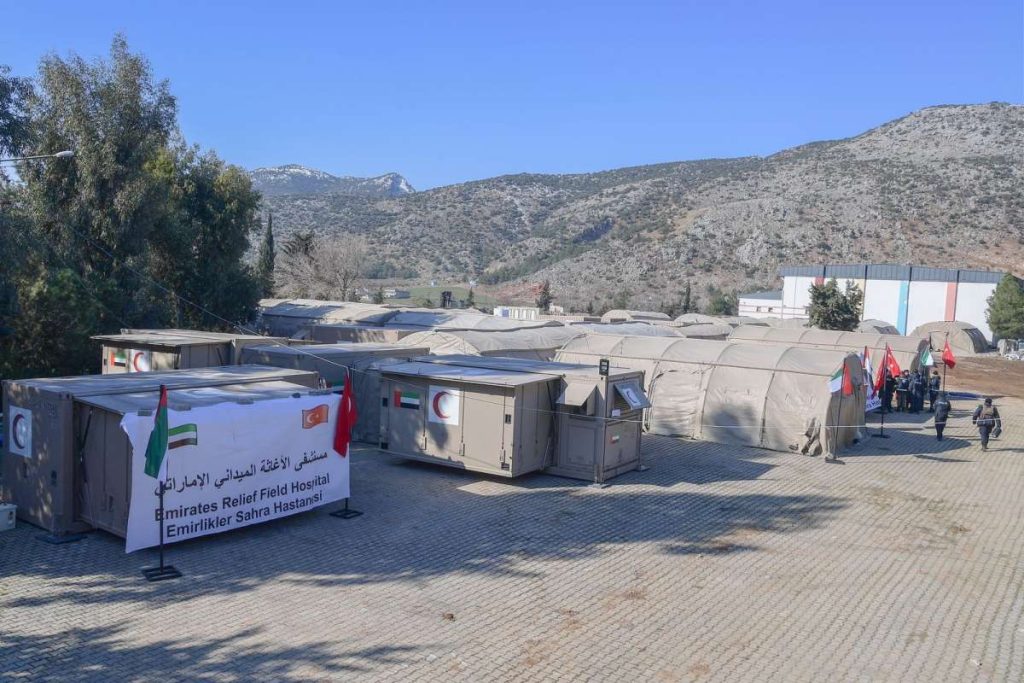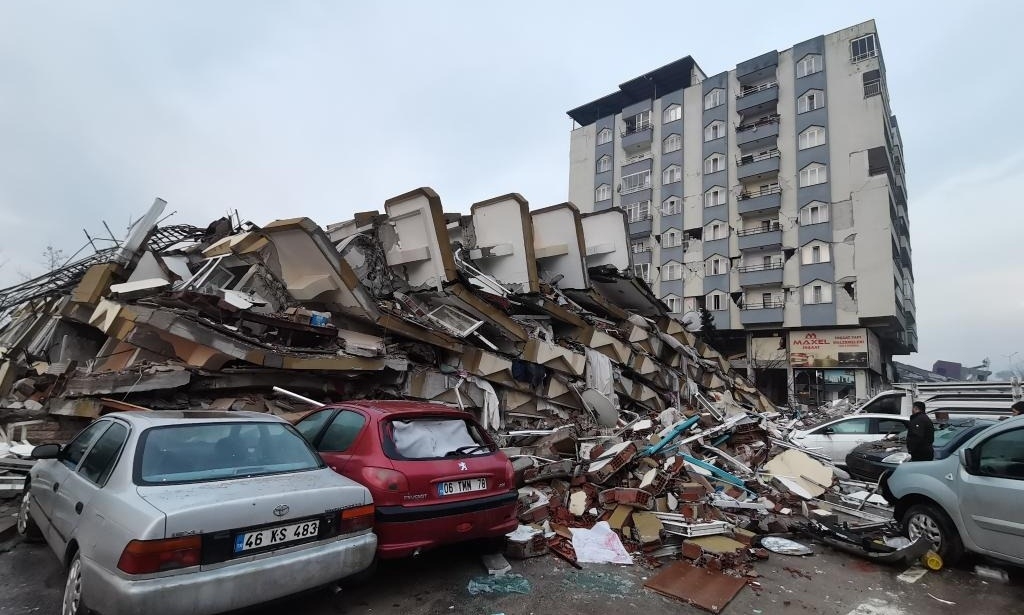Drز Tedros Adhanom Ghebreyesus noted that UAE’s hub “is an increasingly important part of WHO work around the world on emergency preparedness response and resilience.”…reports Asian Lite News
The UAE has played a pivotal role in facilitating global aid to earthquake-hit Syria and Türkiye, as the natural disaster serves as a reminder for governments to boost their emergency response, Drز Tedros Adhanom Ghebreyesus, Director-General of the World Health Organisation (WHO), told the World Government Summit 2023.
In a virtual address, Ghebreyesus said the UAE, as a key humanitarian hub, helped WHO’s aid efforts in Syria and Türkiye, which have lately been struck with two devastating earthquakes that killed over 35,000 people and displaced thousands more.
“Over the past few days, we have dispatched three flights with medical supplies and surgical trauma kits to both countries from our logistics hub in Dubai,” Ghebreyesus said.
He noted that UAE’s hub “is an increasingly important part of WHO work around the world on emergency preparedness response and resilience.”
Last year, the WHO has delivered essential health supplies to 90 countries from Dubai, and since 2017, the Organisation’s hub in Dubai has expanded by ten-fold, Ghebreyesus added.
He urged world governments to learn from the COVID-19 pandemic, which has revealed serious gaps among nations and highlighted a weak global emergency response.
“Unfortunately, this won’t be the last pandemic nor the last largest scale health emergency. Other threats like climate change will keep increasing in frequency and intensity,” the WHO chief said.

“We owe it to those we have lost and those who will come after us to learn their lessons from this pandemic and make changes that must be made to keep the world safer,” he added.
Ghebreyesus noted the slow progress towards Sustainable Development Goals (SDGs), urging governments to take faster action to address global challenges.
He praised the UAE’s partnership and leadership in responding to numerous serious threats through initiatives like the Government Accelerators Programme, which delivers “faster impact through collaboration and innovation.”
The WHO chief concluded his address with hopes that the UAE’s hosting of COP28 will push further discussions to combat pressing global health issues.
In his virtual address to the WGS attendees, Antonio Guterres, Secretary-General of the United Nations (UN), stressed international cooperation to face today’s pressing challenges.
“Conflict is raging, poverty and hunger are rising, divisions are deepening, and the climate emergency keeps worsening,” Guterres said.
He warned governments against short-term policymaking that delays taking on the big challenges currently ahead of world nations including climate change, and food and energy insecurity. “It ultimately makes these challenges more intractable,” he noted.
While it’s the role of governments to act at “the speed and scale that our fast-moving world demands,” achieving a real change would only happen with the support of the private sector, non-government organizations and the international society.
“We must work together for the greater good,” Guterres added.
The WGS 2023 gathers 300 speakers from heads of state, ministers, government officials and thought leaders to discuss pressing issues and review current and future challenges in more than 220 panel discussions.
The Summit features more than 22 international forums reviewing the most prominent future trends in vital sectors. In addition to interactive dialogues and sessions within six main themes, including: Future of Societies and Healthcare, Governing Economic Resilience and Connectivity, Prioritising Learning and Work, Accelerating Development and Governance, Exploring the Frontiers, and Global City Design and Sustainability.





